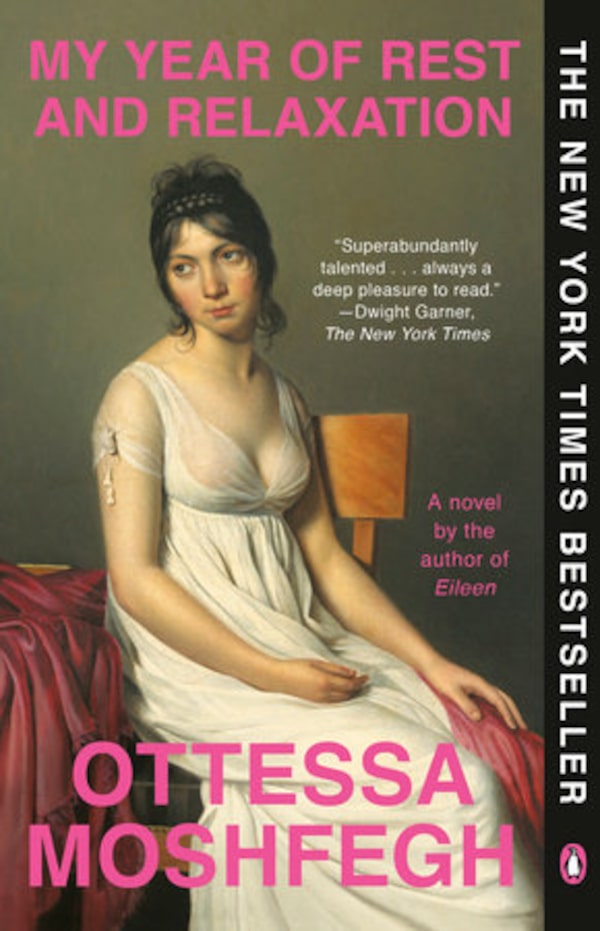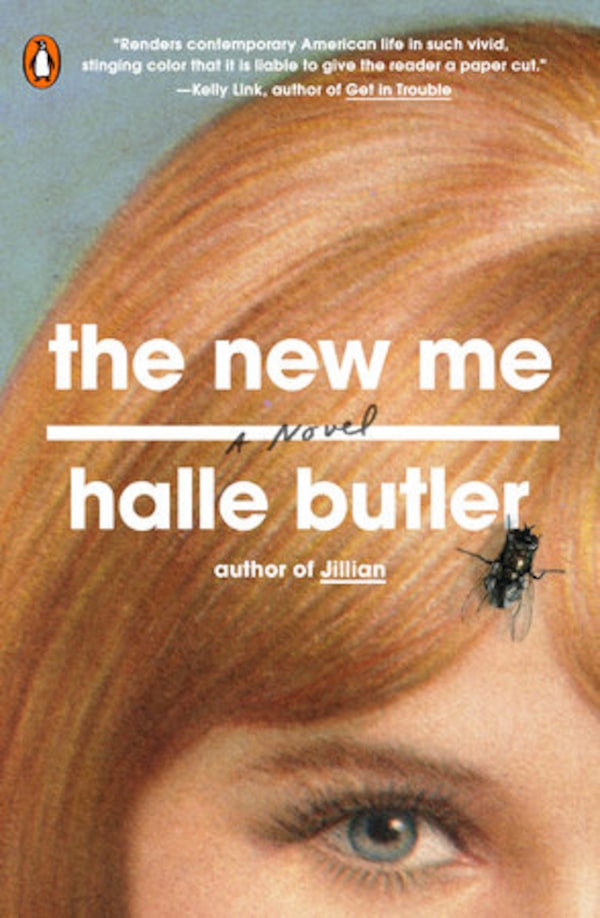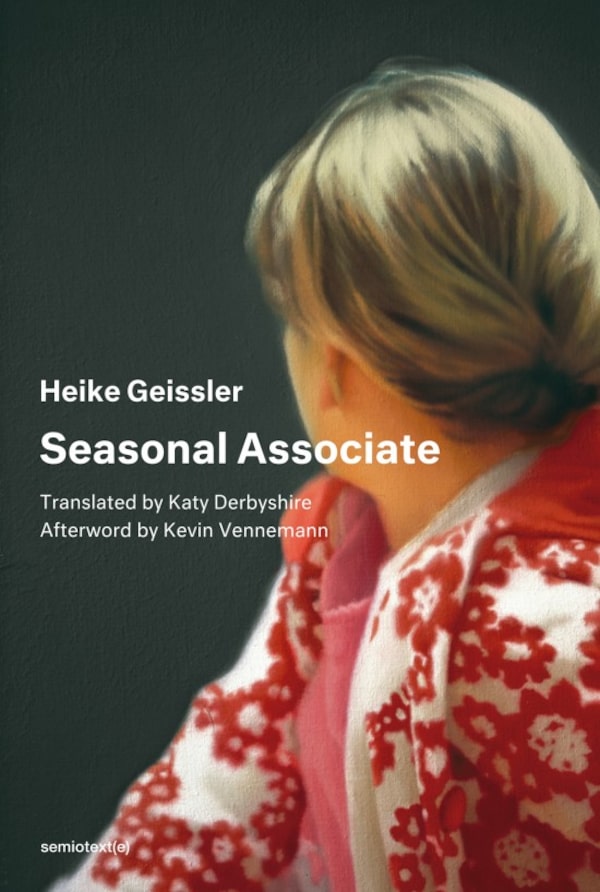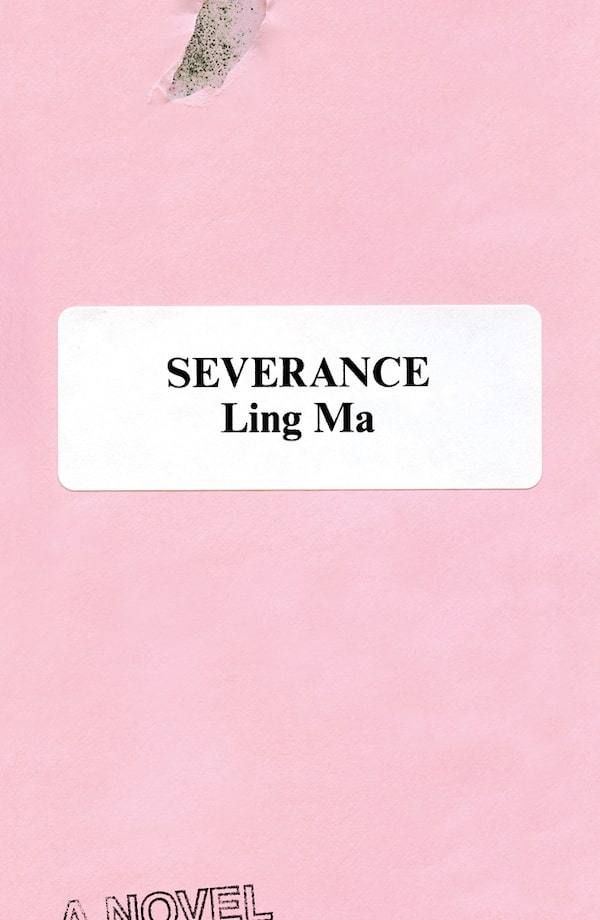Millennials have plenty to be anxious about: job security, savings and real estate. In chasing these impossible goals, a generation has found itself on a hamster wheel of side hustles, under-employment and unfulfilling work. But the feelings of helplessness and hopelessness that come with the territory aren’t always well understood – least of all by those who tell us we’re too entitled or who advise against the buying of avocado toast. Now, a wave of books – many of them recent releases – are giving a voice to our own particular kind of apathy. Here are four:

My Year of Rest and Relaxation by Otessa Moshfegh.
1. My Year of Rest and Relaxation by Ottessa Moshfegh (Penguin Random House Canada), 304 pages
In My Year of Rest and Relaxation, an unnamed narrator quits her job at a New York art gallery in an attempt to numb the grief of losing her parents. Author Ottessa Moshfegh, who was shortlisted for the Booker Prize in 2016 for her novel Eileen, follows her lead character for a year as she works with an offbeat therapist named Dr. Tuttle. Our narrator takes Dr. Tuttle up on each ill-advised prescription, chemically self-inducing black out nights for increasing periods of time. She then wakes up to a slightly altered apartment finding clothes and furniture astray, unsure of events prior, and tries to piece together what happened. Free from the shackles of a nine-to-five life (with an inheritance to pay her bills), the narrator is able to opt out of a capitalist routine. From there, one would assume she would also be freed from life’s existential questions. Readers will learn, however, that we are all forced to face life’s meaninglessness, whether we’re awake or not.

The New Me by Halle Butler.Supplied
2. The New Me by Halle Butler (Penguin Random House Canada), 208 pages
A classic millennial career fairy tale begins with the acquisition of a bachelor’s degree, and the pursuit of financial stability. But the fairy tale changes in a world that places more value on certain skills than others, and with the financial demands of adult life. This is how Millie of Halle Butler’s The New Me arrives at a job through a temp agency, tasked with mindless administrative work for a textile design company. Millie feels both relieved to accept the offer and spiritually empty when faced with unsatisfying menial tasks. Many readers, like many of Millie’s own peers and generational predecessors will see her as catty, frivolous and self-absorbed. Butler does not shy from this possibility in her construction of this character, but similarly and with a kind of clever swiftness, she inquires if perhaps a spiritually empty system is in fact to blame for what’s been dubbed “millennial apathy.”

Seasonal Associate by Heike Geissler.
3. Seasonal Associate by Heike Geissler (Semiotext(e)), 240 pages
Originally published in German, by novelist Heike Geissler (translated by Katy Derbyshire), Seasonal Associate follows Geissler’s real-life experience as a temporary warehouse employee for Amazon. After struggling with income as a freelance writer, Geissler seizes the opportunity with the hope of finding some financial stability. However, she, and the reader, quickly learn of the kinds of psycho-spiritual sacrifices corporate companies demand in exchange for consistent yet underwhelming paycheques: the physical burden of competing with or mimicking machinery, the inconsistent hours and the emptiness of a prolonged interaction with an environment lacking any personality. Seasonal Associate asks if the exchange of labour merits the exchange of soul, and if, systemically, one can afford to indulge in the question at all.

Severance by Ling Ma.
4. Severance by Ling Ma (Farrar, Straus and Giroux), 304 pages
A dystopian tale exploring the crossover effects of globalization and capitalism. When Candace Chen moves to New York, she quickly settles into the unexpected comfort of a nine-to-five job at a publishing company. She alternates between working and coming home to her boyfriend and TV. Her life of convenient monotony is slowly disrupted, however, when the city is hit by an outbreak of Shen Fever – a fatal disease whose side effects include a zombie-like repetition of tasks. Soon Candace finds herself roaming an empty city, wondering where her life went and why. Even when faced with an apocalyptic setting, an internal void continues to plague her. When Candace encounters other remaining residents of the hollowed city, she is thrust away from the empty monotony of her past. Ma introduces characters who are in fact driven by (albeit, at times detrimental) desires, and unlike Candace, a deep willingness to live. As a result, Candace is forced to consider the intimate complexities of other human beings. Severance thrillingly disrupts the dulling routine of a capitalist society in favour of something more meaningful.
Expand your mind and build your reading list with the Books newsletter. Sign up today.